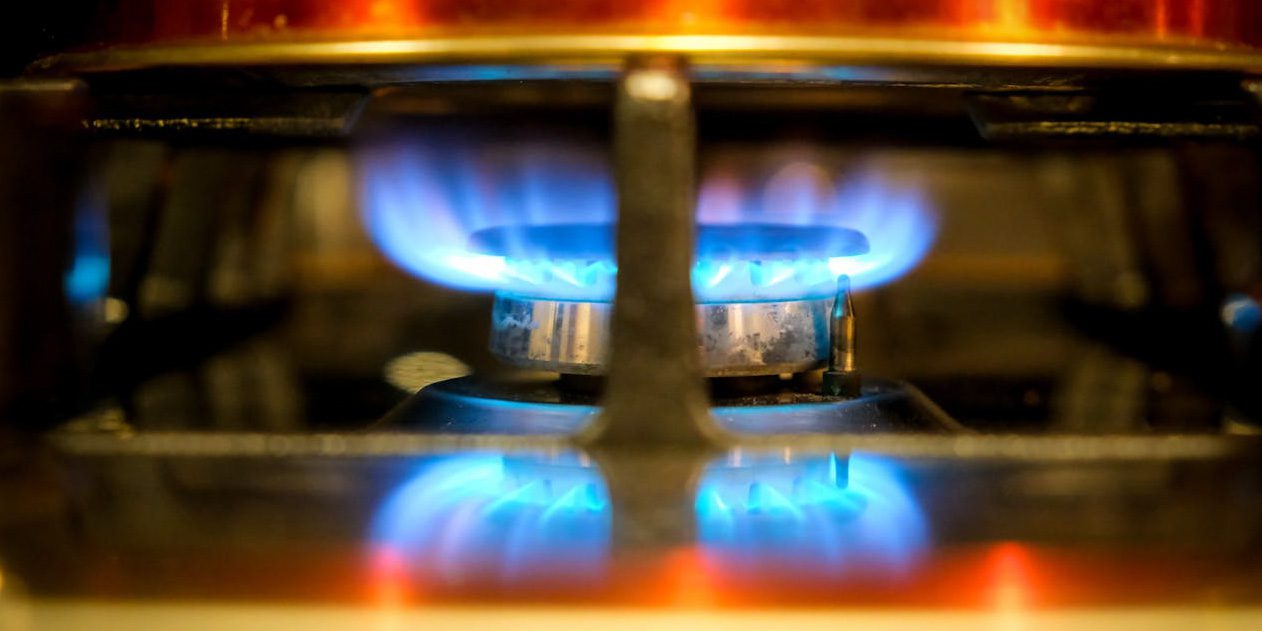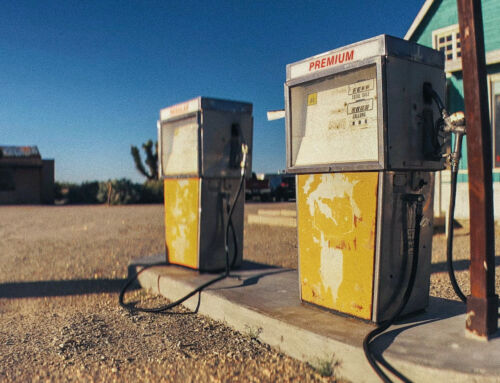View by Topic
Recent Articles
-
Congress Blocks California’s Gasoline Car BanSaturday, May 31st, 2025
-
EPA Will Keep Current Limits for “Forever Chemicals” in Drinking WaterSaturday, May 24th, 2025
-
Court Indefinitely Pauses SEC Climate Rule LitigationSaturday, May 17th, 2025
-
Maryland is About to Regulate Mold But is the Cart Before the HorseSaturday, May 10th, 2025
View by Month/Year
“Green Building Law Update” Headlines
Recent Articles & News from
Stuart Kaplow’s blog
at GreenBuildingLawUpdate.com
- EPA Will Keep Current Limits for “Forever Chemicals” in Drinking Water May 25, 2025
- Court Indefinitely Pauses SEC Climate Rule Litigation May 18, 2025
- Maryland is About to Regulate Mold: But is the Cart Before the Horse? May 11, 2025
- BEPS Redux: The Most Far Reaching Environmental Legislation of the 2025 Maryland General Assembly May 4, 2025
Subscribe to the Green Building Law Update!
Stuart Kaplow brings his expertise and extensive experience to the table with his unique digital publication, "Green Building Law Update". Subscribers receive regular updates to keep them informed about important issues surrounding Environmental Law, Green Building & Real Estate Law, as well as the emerging demand for Environmental Social Governance (ESG).
Get fresh content through the lense of Stuart Kaplow's cutting-edge expertise, innovative commentary and insider perspective. Don't miss another issue! Subscribe below.

Lawsuit Charges Montgomery County Gas Appliance Ban is Preempted and Void
Earlier today more than half a dozen business and labor groups filed suit seeking a permanent injunctive against enforcement of Montgomery County, Maryland Bill 13-22: Buildings – Comprehensive Building Decarbonization, which bans the use of gas appliances in new construction.
A partnership of business and labor is asking the Federal Court in Maryland for “a declaratory judgment that Montgomery County Bill 13-22 is preempted by federal law because it concerns the energy use of appliances covered by the federal Energy Policy and Conservation Act and is therefore void and unenforceable.” And seeking “a permanent injunction enjoining Defendant [Montgomery County] from enforcing or attempting to enforce Montgomery County Bill 13-22.”
Also yesterday, substantially the same coalition of plaintiffs filed a second lawsuit in Washington, D.C., challenging the Clean Energy DC Building Code Amendment Act of 2022 gas ban on new construction set to take effect in 2026 in that jurisdiction. We will blog about that legal action in the coming days.
Montgomery County’s Decarbonization Effort
In the name of battling climate change, Montgomery County Bill 13-22, recites that the buildings account for 50% of the County’s emissions, and seeks “to accelerate decarbonization of the County’s building sector” .. “moving towards 100% electric powered systems” by banning the use of fossil fuel fueled appliances (e.g., natural gas furnaces), in new residential, commercial and industrial construction located in Montgomery County. “All electric building standards are a crucial step for the County to achieve its zero greenhouse gas emissions goal through ensuring future construction is electrified.” To that end, the bill requires the County Executive to issue, by December 31, 2026, “all-electric building standards for new construction.”
Preempted by Federal Law
Plaintiffs, National Association of Home Builders of the United States, Restaurant Law Center, National Federation of Independent Business, Inc., Maryland Building Industry Association, Washington Gas Light Company, Philadelphia-Baltimore-Washington Laborers’ District Council, and Teamsters Local 96 are seeking to halt the Mongomery County ban on the use of gas appliances in new construction from going into effect.
The Energy Policy and Conservation Act already regulates the energy use of such appliances and expressly preempts state and local laws on that subject. The County gas appliance ban falls within the heartland of EPCA’s express preemption provision because it too purports to regulate the energy use of gas appliances, by preventing such use entirely. As such, the County gas appliance ban is preempted by EPCA and unenforceable as a matter of law.
We blogged about the Ninth Circuit’s invalidation of the City of Berkeley’s prohibition on gas piping in new buildings just last year and that Federal appellate decision is particularly noteworthy since it struck down this same kind of attack on gas appliances. Perhaps most notable is that the unanimous Ninth Circuit panel emphasized that “EPCA would no doubt preempt an ordinance that directly prohibits the use of covered natural gas appliances in new buildings.”
Because this County gas appliance ban does exactly that, there is “no doubt” among each of attorneys we have spoken with that EPCA preempts it.
Indeed, some state and local governments have since taken note of EPCA and reconsidered their efforts to enact similar bans. Eugene, Oregon reversed its natural gas ban after that federal appeals court ruling.
Because the Mongomery County did not do so on its own, this complaint says “the Court must order it to do the same.”
Impact on Consumers and Businesses
The District Court complaint reasons, “Prohibiting gas-powered cooking ranges, water heaters, furnaces, and other appliances or equipment is fundamentally inconsistent with the public interest and consumer choice, exacerbates the County’s housing crisis, and aims to shift the County’s energy demand to an electric system that is facing both historic and increasing electricity demand and dwindling dispatchable electricity supply. Due to the County Appliance Ban artificially limiting the pool of gas customers, homes, restaurants, and other businesses that rely upon gas services will be forced to pay higher gas prices than they would otherwise have to pay. Thus, the County Appliance Ban will negatively impact existing buildings as well.”
“Even though the County Appliance Ban does not take effect until the end of 2026, its chilling effect is already undermining their livelihoods, harming profits, disrupting long-term business strategy and asset planning, jeopardizing jobs and hiring and training programs, and hampering the ongoing development of new desperately needed multifamily homes.”
The Correct Path Forward
This Montgomery County gas appliance ban is plainly preempted by the federal EPCA. “There is no set of circumstances under which Montgomery County Bill 13-22 would be valid.”
That easy to reach conclusion articulated by every attorney we spoke with can be found without questioning if the de rigueur aim of decarbonization is a worthy societal goal when more than 12% of human beings’ atoms are carbon?
And further, this local legislation ignores that Maryland imports more than 40% of the electricity used in the state, much of that power generated by coal burned in nearby states (which accomplishes what, .. in a global emission issue?). Before attempting to electrify all of its buildings and ban locally used fossil fuel from its entire State economy, Maryland Needs to Produce More Electricity.
Attempted actions by state and local authorities to ration energy in the name of reducing greenhouse gas emissions are wrongheaded. Moreover, as the earlier decided case from Berkeley made clear; and as the pending court challenge to Colorado’s BEPS programs, the all but certain coming challenges to Maryland’s proposed BEPS regulations, and this legal challenge, can only correctly result in judicial determinations that those are preempted by the express federal authority over a consistent nationwide energy conservation policy that has existed since the 1975 Gerald Ford brokered post Arab oil crisis compromise that was the Congressional enactment of EPCA.
Make no mistake there is a political angle on all of this. In the event of a second Trump Administration, it is certain the Biden Administration’s National Building Performance Standards Coalition, that is a nationwide group of state and local governments that have committed to implement BEPS in their jurisdictions, will be disbanded and these policies buried.
As we concluded in an earlier blog post, Court Saves Gas Stoves from the Government, .. the only question may be how quickly these regulatory schemes, like Maryland’s proposed statewide BEPS with its rationing of electricity and ban on natural gas, even in existing buildings, and D.C.’s prohibition on the use of gas appliances in the construction of new commercial buildings and substantially improved existing buildings including apartment buildings, will be replaced with good environmental public policy that may actually repair the planet.
We will blog about the D.C. lawsuit next week.
______________________
Please join us for our next webinar on the related topic “Greenwashing: You Need to Mitigate Your Risk” this Thursday, October 24 from 9 – 9:30 am ET presented by Stuart Kaplow. The webinar is complimentary, but you must register here.









